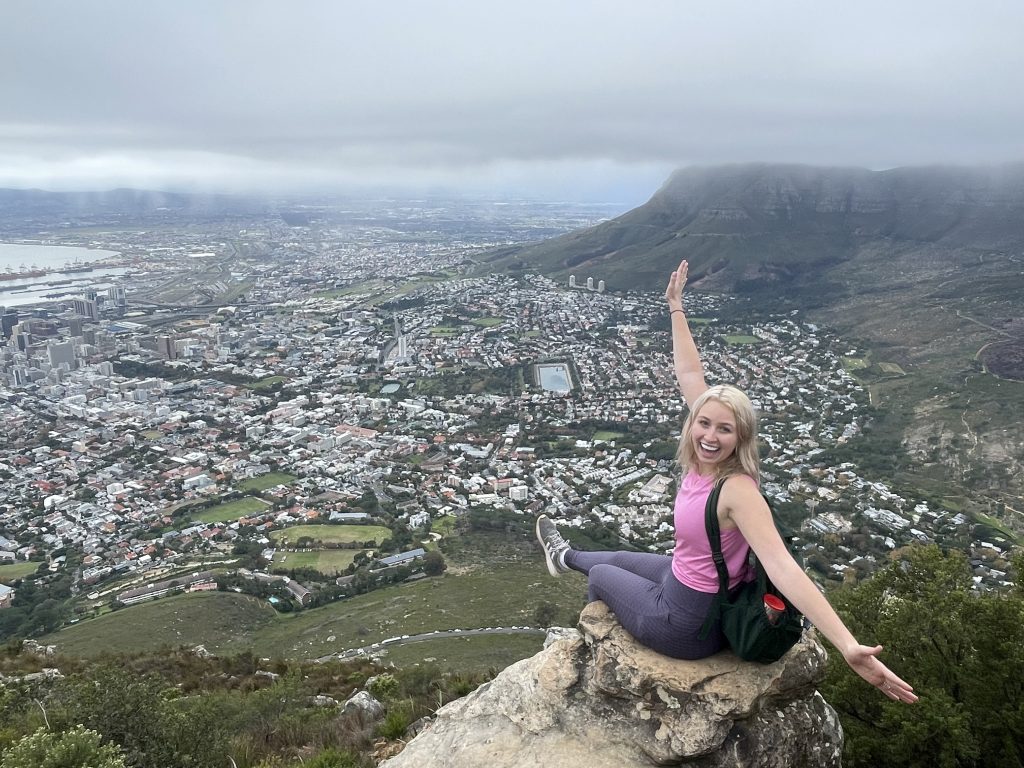
Courses
All classes are held in the law faculty building at UWC. The administrative offices for this program are also located in the same building.
Comparative Criminal Justice (2 credits)
Professor Rodney Uphoff (University of Missouri School of Law) / Dr. Cherith Sanger (University of the Western Cape)
This course will explore a number of critical issues that confront the criminal justice system of both South Africa and the United States. Specially, we will look at prison overcrowding, plea bargaining, the death penalty, the delivery of indigent defense services and sentencing policies. Not surprising, the legal system of each country faces common problems as each country struggles to provide fair and efficient procedures for coping with ever-increasing numbers of criminal cases. The course will examine the extent to which various factors including the structure of each system, history, culture, institutional developments and legal norms influence the systems handling of these issues.
Readings, lectures, videos and field trips in the Cape Town area will provide students from both countries a keen appreciation for the interplay between theory and practice in both systems. The Faculty will draw upon their experiences in their respective systems to highlight the similarities and differences in the administration of justice in each country. Students will gain a better understanding of the strengths and weaknesses of each system and of the difficulty of achieving meaningful reform in either country.
International and Comparative Human Rights (2 credits)
Professor Shruti Rana (University of Missouri School of Law) / Professor Usang Assim (University of the Western Cape)
This course will introduce students to the contemporary international human rights system, with a special focus on human rights treaty bodies and on regional human rights systems. The course will introduce the core structures and operation of the United Nations treaty-body system through an overview and comparative study of the Convention on the Elimination of All Forms of Discrimination against Women (CEDAW) and the Convention on the Rights of the Child (CRC). It will also focus on regional systems, including the African Human Rights system with comparative perspectives from the Protocol to the African Charter on Human and Peoples’ Rights on the Rights of Women in Africa (Maputo Protocol) and the African Charter on the Rights and Welfare of the Child (ACRWC/African Children’s Charter) and the Inter-American Human Rights system, with particular attention to the ways in which South Africa and the United States interact with these regional frameworks. The course aims to enable students to develop a clear understanding of the foundational rights, concepts and institutions that shape regional and treaty-based human rights adjudication and monitoring, and to understand how nation-states interact with these systems, institutions, and mechanisms.
Building on this foundation, the course will focus on current cases and controversies impacting the African and Inter-American systems and will examine how these bodies address evolving human rights challenges. In studying CEDAW and CRC (and the relevant regional equivalents), students will develop an understanding of the operation of key mechanisms, including the Optional Protocol procedures and other avenues for individual and civil society participation, such as engagement with reporting processes and advocacy strategies that shape compliance and impact. Through selected thematic topics connected to these systems and instruments, students will compare concepts, procedures, mechanisms, and outcomes across forums and reflect on the factors that impact the resolution of disputes and the effectiveness of human rights protections.
Comparative Constitutional Law (2 credits)
Professor Wessel Le Roux(University of the Western Cape)
This course will introduce students to the South African Constitution and to the jurisprudence of the South African Constitutional Court and will then compare Bill of Rights cases from the South African Constitutional Court and the United States Supreme Court. The aim of this course is, first, to enable students to develop a better understanding of the fundamental assumptions underlying the Bill of Rights jurisprudence of the USA and South Africa and, second, to enable a conversation among students about how the specific cultural, historical, political and structural context affects the consideration and ultimately the resolution of difficult Bill of Rights cases.
The South African Constitutional Court has also handed down several groundbreaking judgments on controversial legal issues such as the legally admissible scope of affirmative action, the need for the recognition of same-sex relationships, the admissible scope of hate speech regulation, the admissibility of criminally sanctioned religious practices, the limits of the right to family life and the limitation on the imposition of the death penalty. These cases will be compared and contrasted with cases from the United States Supreme Court dealing with similar issues. Students will be invited to analyze and contrast these judgments and will be required to reflect on the differences between these judgments with specific reference to the differences in the social, economic, political and cultural reality that exists in the United States and in South Africa.
Schedule
UWC/MU Comparative Law Institute – University of the Western Cape, South Africa
June 16 – July 18, 2026 (Classes will be held at the UWC Faculty of Law)
Grading
Transcripts: Non-MU students will need to request official transcripts online from the University of Missouri Registrar. Students will be expected to attend all class sessions and complete the required reading assignments. At the conclusion of each course, students must complete an exam. Grading will be done on a numbered scale with 100 being the highest possible grade. If you are a non-MU student, you will receive a number grade from the University of Missouri based on a 1-100 scale. You will need to check with your home school as to whether your number grade will be converted to a pass/fail grade or a letter grade at your school.